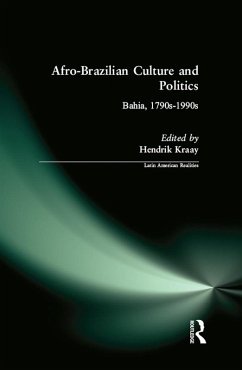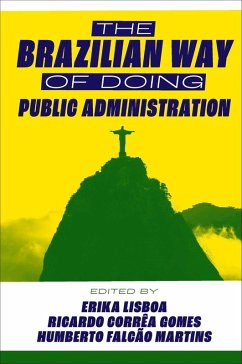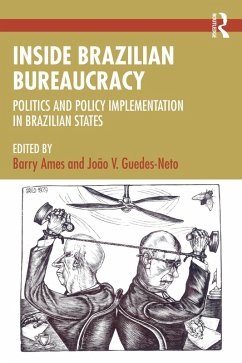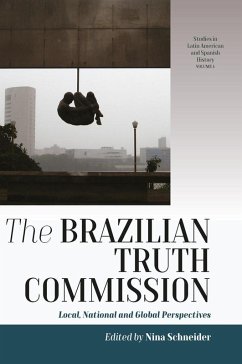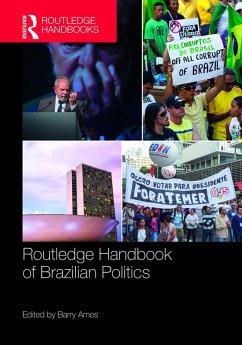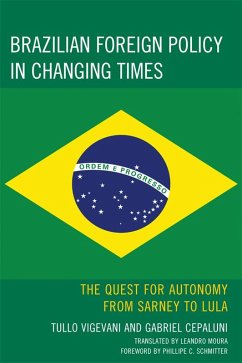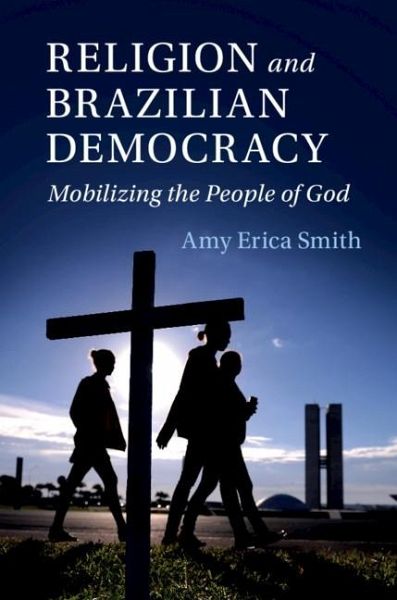
Religion and Brazilian Democracy (eBook, ePUB)
Mobilizing the People of God
Versandkostenfrei!
Sofort per Download lieferbar
55,95 €
inkl. MwSt.
Weitere Ausgaben:

PAYBACK Punkte
28 °P sammeln!
As Brazilian democracy faces a crisis of legitimacy, political divisions grow among Catholic, evangelical, and non-religious citizens. What has caused religious polarization in Brazilian politics? Does religious politics shore up or undermine democracy? Religion and Brazilian Democracy: Mobilizing the People of God uses engaging anecdotes and draws on a wealth of data from surveys and survey experiments with clergy, citizens, and legislators, to explain the causes and consequences of Brazil's 'culture wars'. Though political parties create culture war conflict in established democracies, in Br...
As Brazilian democracy faces a crisis of legitimacy, political divisions grow among Catholic, evangelical, and non-religious citizens. What has caused religious polarization in Brazilian politics? Does religious politics shore up or undermine democracy? Religion and Brazilian Democracy: Mobilizing the People of God uses engaging anecdotes and draws on a wealth of data from surveys and survey experiments with clergy, citizens, and legislators, to explain the causes and consequences of Brazil's 'culture wars'. Though political parties create culture war conflict in established democracies, in Brazil's weak party system religious leaders instead drive divisions. Clergy leverage legislative and electoral politics strategically to promote their own theological goals and to help their religious groups compete. In the process, they often lead politicians and congregants. Ultimately, religious politics pushes Brazilian politics rightward and further fragments parties. Yet Religion and Brazilian Democracy also demonstrates that clergy-led politics stabilizes Brazilian democracy and enhances representation.
Dieser Download kann aus rechtlichen Gründen nur mit Rechnungsadresse in A, B, BG, CY, CZ, D, DK, EW, E, FIN, F, GR, HR, H, IRL, I, LT, L, LR, M, NL, PL, P, R, S, SLO, SK ausgeliefert werden.





